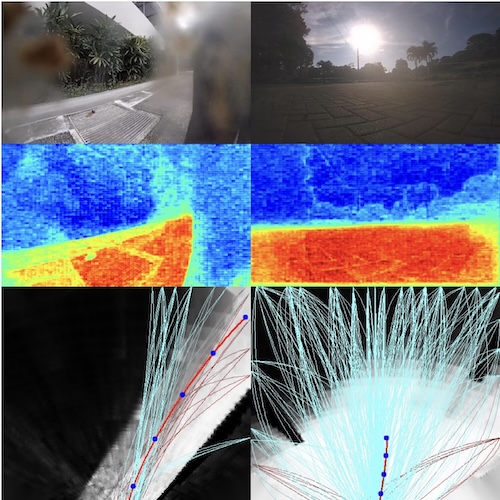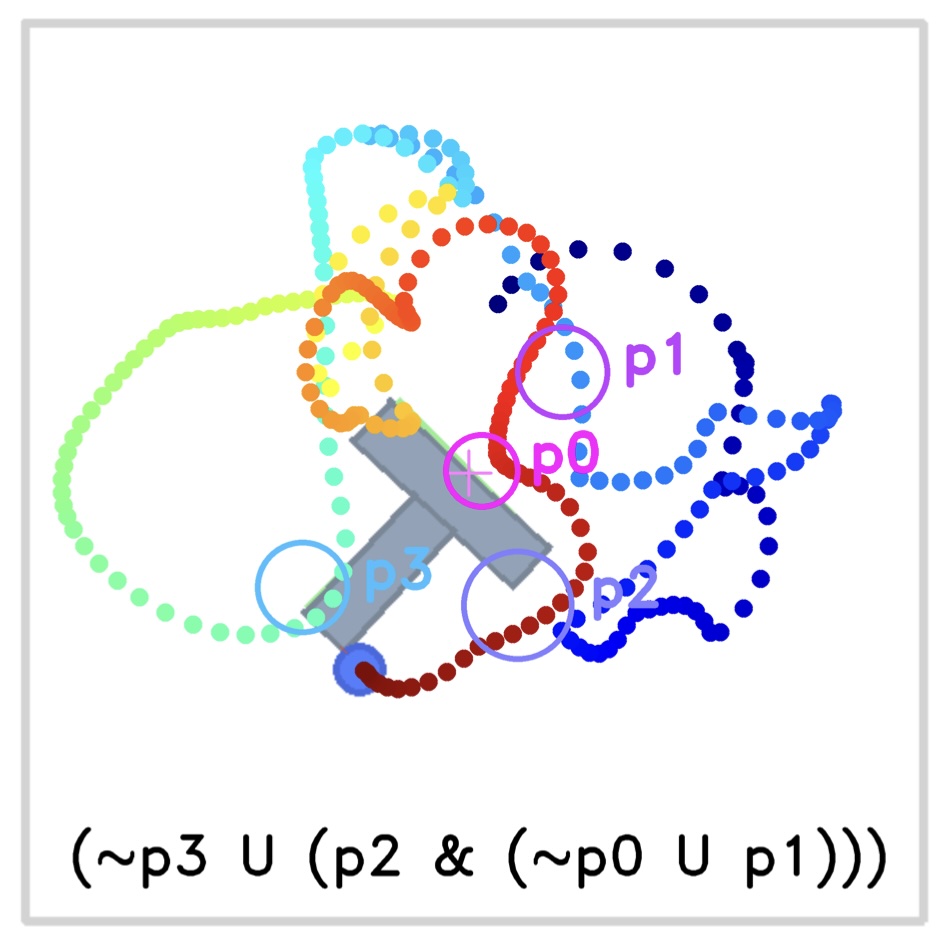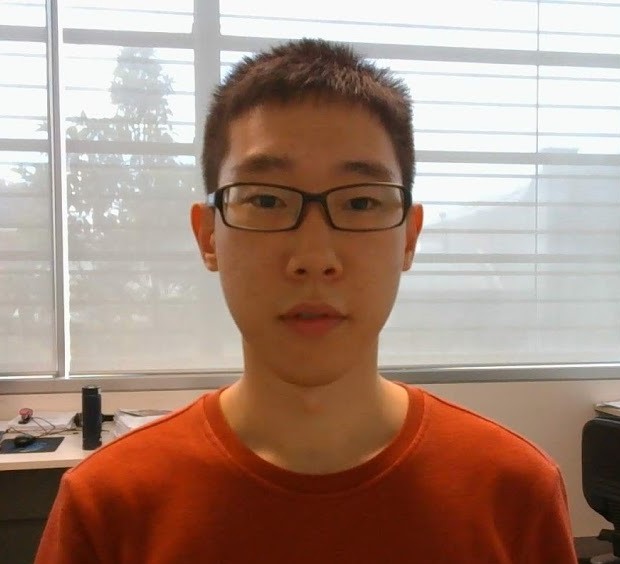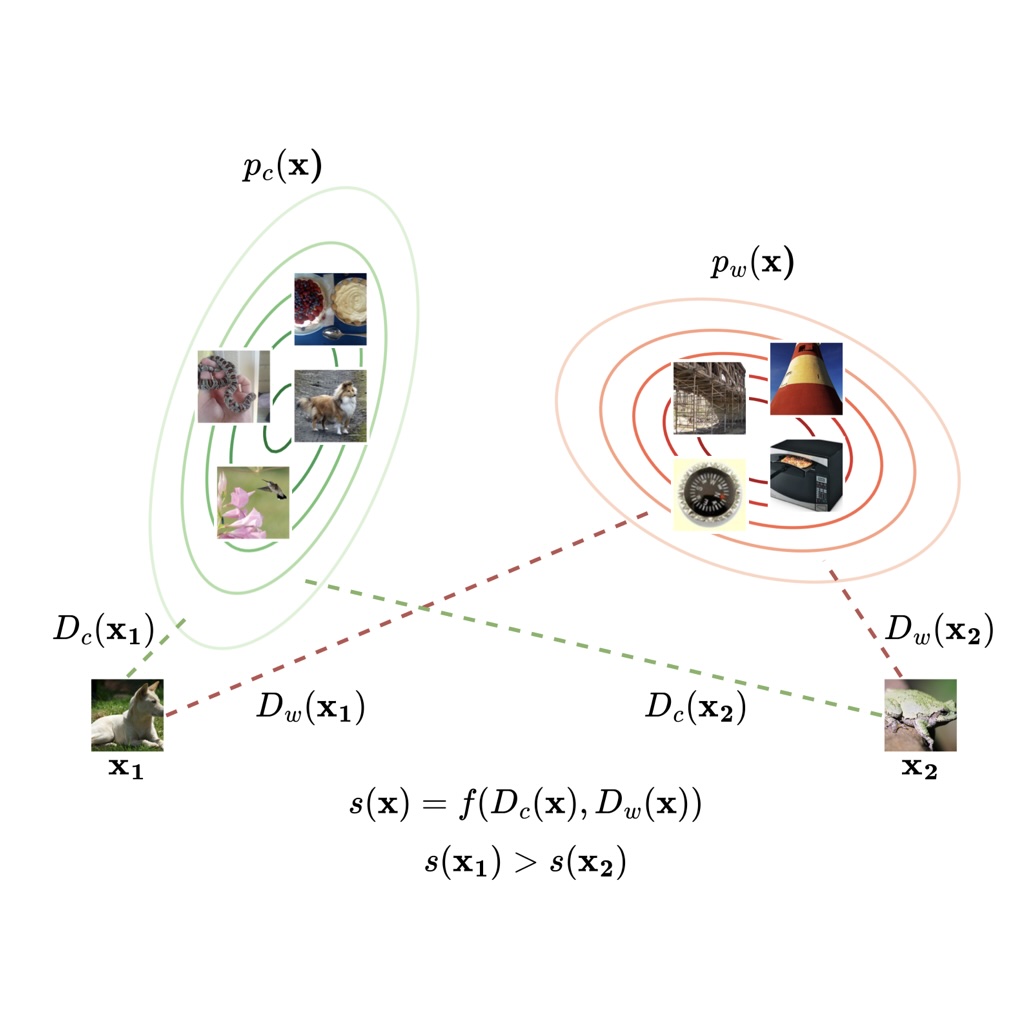The Best of Both Worlds in Network Population Games: Reaching Consensus and Convergence to Equilibrium, Shuyue Hu, Harold Soh★, Georgios Piliouras, Neural Information Processing Systems (NeurIPS)
Links:
Reaching consensus and convergence to equilibrium are two major challenges of multi-agent systems. Although each has attracted significant attention, relatively few studies address both challenges at the same time. This paper examines the connection between the notions of consensus and equilibrium in a multi-agent system where multiple interacting sub-populations coexist. We argue that consensus can be seen as an intricate component of intra-population stability, whereas equilibrium can be seen as encoding inter-population stability. We show that smooth fictitious play, a well-known learning model in game theory, can achieve both consensus and convergence to equilibrium in diverse multi-agent settings. Moreover, we show that the consensus formation process plays a crucial role in the seminal thorny problem of equilibrium selection in multi-agent learning.
Resources
You can find our paper here.
Citation
Please consider citing our paper if you build upon our results and ideas.
Shuyue Hu, Harold Soh★, Georgios Piliouras, “The Best of Both Worlds in Network Population Games: Reaching Consensus and Convergence to Equilibrium”, Neural Information Processing Systems (NeurIPS)
@article{hu2023heterogeneous,
title={The Best of Both Worlds in Network Population Games: Reaching Consensus and Convergence to Equilibrium},
author={Hu, Shuyue and Soh, Harold and Piliouras, Georgios},
journal={{Neural Information Processing Systems (NeurIPS)}},
year={2023}}
Contact
If you have questions or comments, please contact shuyue.






